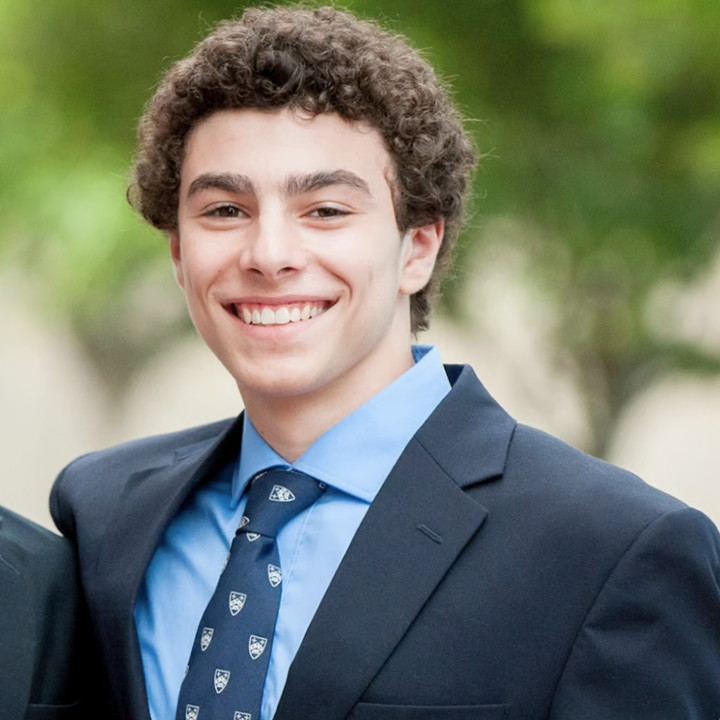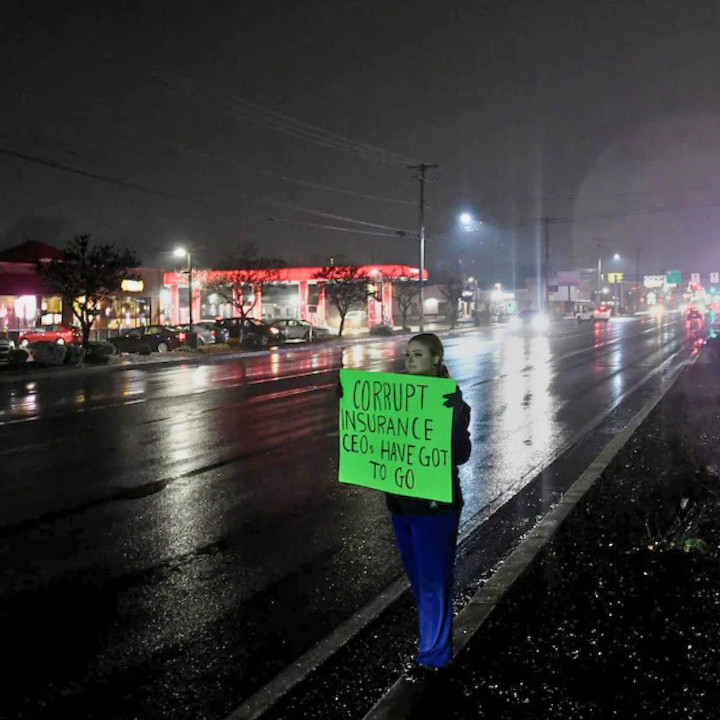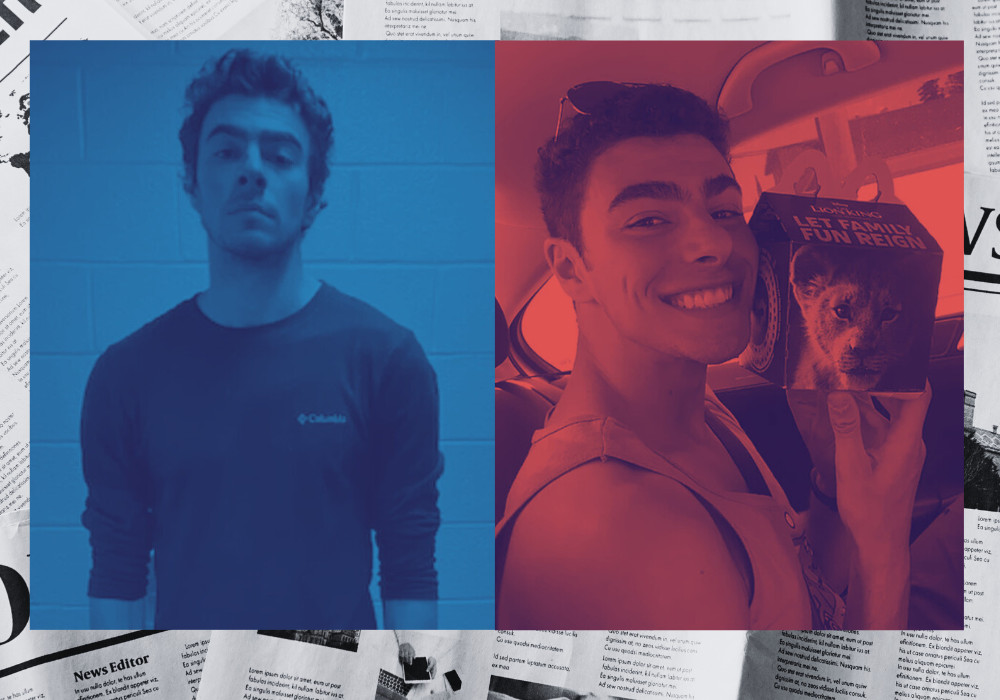The internet has a new main character. This time, it’s not a pop star, a viral dog video, or a reality TV meltdown. It’s Luigi Mangione – a man accused of murdering UnitedHealthcare CEO Brian Thompson. Yet, despite (or perhaps because of) the gravity of the crime, Luigi Mangione has become an internet sensation, captivating a global audience with his chiselled jawline, cryptic social media posts, and alleged Robin Hood-like motives.
How did we get here? How did a 26-year-old, accused of one of the most shocking crimes of the year, become the digital obsession of millions? The answer lies in a volatile mix of anger at corporate America, the internet’s insatiable thirst for drama, and a collective yearning for a folk hero in an increasingly fractured world.
Read More: How Doom Spending Is Taking Over Millennials And Gen Z

What’s So Fascinating About Luigi Mangione’s Story?
Mangione’s story reads like a Hollywood screenplay: an Ivy League education, a life of privilege, and a curated social media presence that hinted at everything from anxiety to activism. But when police revealed him as the suspect in Brian Thompson’s murder, the narrative shifted dramatically. This wasn’t just any murder – it was the killing of the CEO of a company synonymous with America’s broken healthcare system. For many, it felt as though Mangione had struck a nerve that others were too afraid to touch. The details surrounding the crime only heightened the drama. The engraved bullets – Deny, Defend, Depose – felt like something straight out of a Christopher Nolan film. And the internet, true to form, filled in the gaps. TikTok exploded with memes dubbing him the ‘CEO Assassin’, while Etsy shops churned out merchandise faster than you could say ‘Free Luigi’.

The Internet Loves A Handsome Villain
Let’s be honest: Luigi Mangione is, objectively, handsome. And in the world of social media, good looks can be a free pass. The ‘hot assassin’ memes have gone viral, his mugshot has become a profile picture for thousands, and the internet has collectively decided that murder charges are just another layer to his enigmatic allure. Platforms like TikTok and X (formerly Twitter) thrive on extremes, making Mangione the perfect digital antihero. His alleged motives, paired with his striking looks, have turned him into the kind of character Netflix producers dream about.

The Anger And Inequality Behind #FreeLuigi
But this obsession isn’t just about looks – it’s also about anger. Anger at a system that feels increasingly rigged against the average person. Healthcare in the United States has long been a sore point, with millions struggling to afford basic care while CEOs like Thompson earn millions annually. Mangione’s alleged act has been reframed by some as a desperate statement against corporate greed, fueling global hashtags like #EatTheRich and #FreeLuigi. While this narrative may be compelling, it’s also deeply problematic. Murder is murder, and if Mangione’s actions are proven, they should not be romanticised. Yet, the internet’s fixation reveals a deeper frustration: a world where the powerful seem untouchable, while the powerless are left to fend for themselves.

Society’s Love Affair With Outlaws
History is no stranger to the romanticisation of criminals. From Ted Bundy’s cult following to Jeremy Meeks’ meteoric rise as the ‘hot felon’, society has a peculiar tendency to glamorise rule-breakers – especially if they’re conventionally attractive. Add a cause – whether real or perceived – and you’ve got the perfect recipe for viral fame. Luigi Mangione is no exception. In him, people see a reflection of their grievances: a man who, allegedly, did what they could only dream of doing. In reality, our obsession with Luigi Mangione says more about us than it does about him. Mangione has become a mirror for collective discontent – a character onto whom we project our frustrations, fantasies, and fears. Behind the hashtags and hype lies a society grappling with its own brokenness.

Catherine Pun
A Hong Kong native with Filipino-Chinese roots, Catherine infuses every part of her life with zest, whether she’s belting out karaoke tunes or exploring off-the-beaten-path destinations. Her downtime often includes unwinding with Netflix and indulging in a 10-step skincare routine. As the Editorial Director of Friday Club., Catherine brings her wealth of experience from major publishing houses, where she refined her craft and even authored a book. Her sharp editorial insight makes her a dynamic force, always on the lookout for the next compelling narrative.




🔥